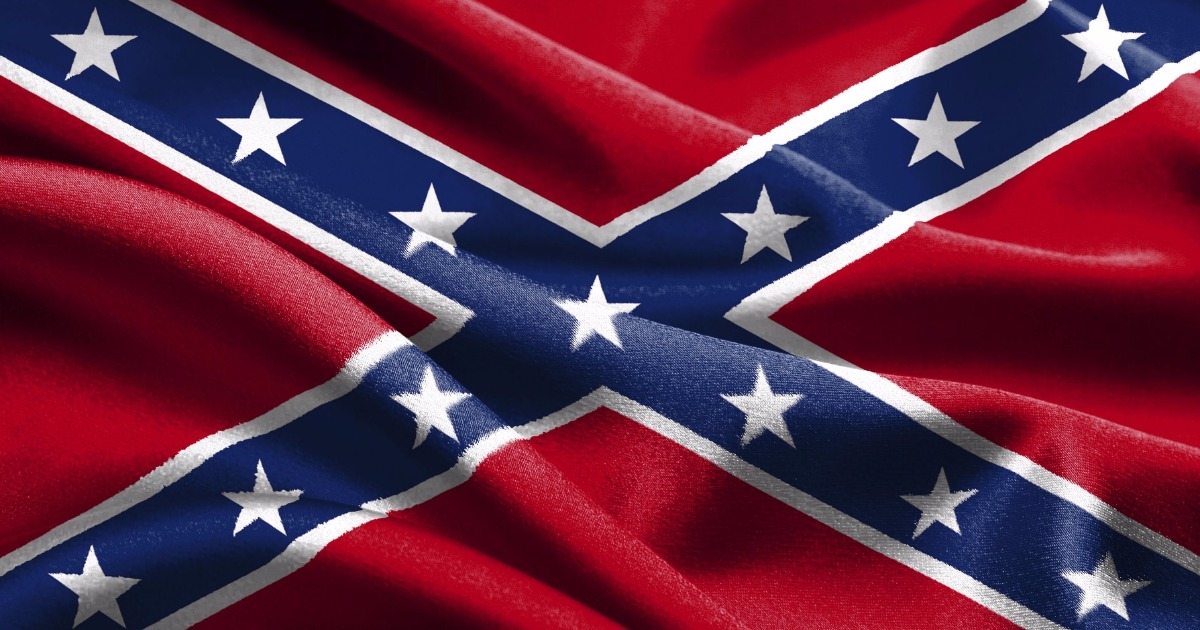In response to a vote at the city council, the city of New Orleans has begun the work to remove several Confederate and white supremacist monuments from the majority-black city.
New Orleans is just the latest of many Southern cities grappling with their historically racialized iconography in the modern era. While those who oppose the removal of such monuments site historical value and heritage as reasons to keep the monuments intact, those who oppose view the anti-black sentiment of most of the monuments to be an affront to their mere presence.
The national conversation began in earnest shortly after shooter Dylann Roof toured plantations and confederacy monuments in the lead-up to his mass-killing of nine black churchgoers in Charleston, South Carolina. In the weeks after the mass killing, South Carolina removed the Confederate flag from state grounds.
Shortly after, many other major Southern cities, especially those with prominent black populations, followed suit, removing the Rebel flag from public areas and dismantling monuments dedicated to the Confederacy.
In New Orleans, as in many other places enacting these removals, push-back has been strong. For many in the South, the “heritage” associated with the Civil War and the Confederacy is a strong part of their past.
From New York Post:
Robert Bonner, 63, who said he is a Civil War re-enactor, was there to protest the statue’s removal.
“I think it’s a terrible thing,” he said. “When you start removing the history of the city, you start losing money. You start losing where you came from and where you’ve been.”
Those who defend these monuments argue that the importance of historic remembrance is far more prominent than the deep racial implications. Heritage, not hate, is a phrase frequently associated with icons of the Civil War.
Still, the presence of monuments dedicated to openly racist figures in history associated with the losing side of a major war in the United States are offensive to many. The presence of a Confederate flag indicates a disloyalty to the United States, as well as a hearkening to the way things were. For minority groups, this affront is far more than they should be forced to bear.
From New York Post:
“The monuments are an aberration,” he said. “They’re actually a denial of our history and they were done in a time when people who still controlled the Confederacy were in charge of this city and it only represents a four-year period in our 1000-year march to where we are today.”
In New Orleans and elsewhere, these markers of a dark time in American history are on their way out. Good riddance.




